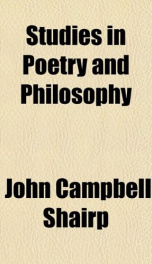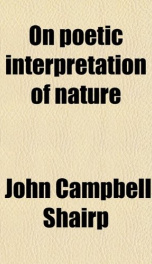sketches in history and poetry

Purchase of this book includes free trial access to www.million-books.com where you can read more than a million books for free. This is an OCR edition with typos. Excerpt from book: III.BISHOP LAMBERTON AND THE GOOD LORD JAMES.1 There is perhaps no one spot on Scottish ground which has witnessed so many eventful scenes in the national history as the small but ancient City of St. Andrews. During the six centuries that lie between the reign of Malcolm Canmore on the one hand, and the landing of Dutch William on the other, no great movement took place, one might almost say there happened no great national event, in which St. Andrews did not bear a prominent part. So true is this that to write the history of St. Andrews during the period of its greatness, as it might be written, would almost be to write the history of Scotland. To conceive aright the great panorama of persons and events, as it swept during those six centuries through that ancient place, would bring before us no inadequate picture of all that is most interesting in Scottish annals. Neither were the fortunes of mediaeval St. Andrews confined within the narrow compass of merely Scottish history. Its position as the primal Scottish see brought it into such closeBISHOP LAMBERTON AND THE GOOD LORD JAMES. 87 1 [Contributed to Good Words, 1874.] and constant intercourse with the Vatican, that this small spot was swayed and shaken by every great current of European politics. So widely ramified were its interests, foreign and domestic, that the annals of no other Scottish city would afford an equal insight into our internal history and our relations with the Continent. I purpose now to confine our attention to the part which St. Andrews played in one period of Scottish history, but that the most eventful and momentous I mean the war of Scottish Independence against the First and the Second English Edward. In doing this we shall find the history of St. Andrews resolve itself into the actions ...
Users who have this book
Users who want this book
What readers are saying
What do you think? Write your own comment on this book!
write a commentif you like sketches in history and poetry try:
Do you want to exchange books? It’s EASY!
Get registered and find other users who want to give their favourite books to good hands!






